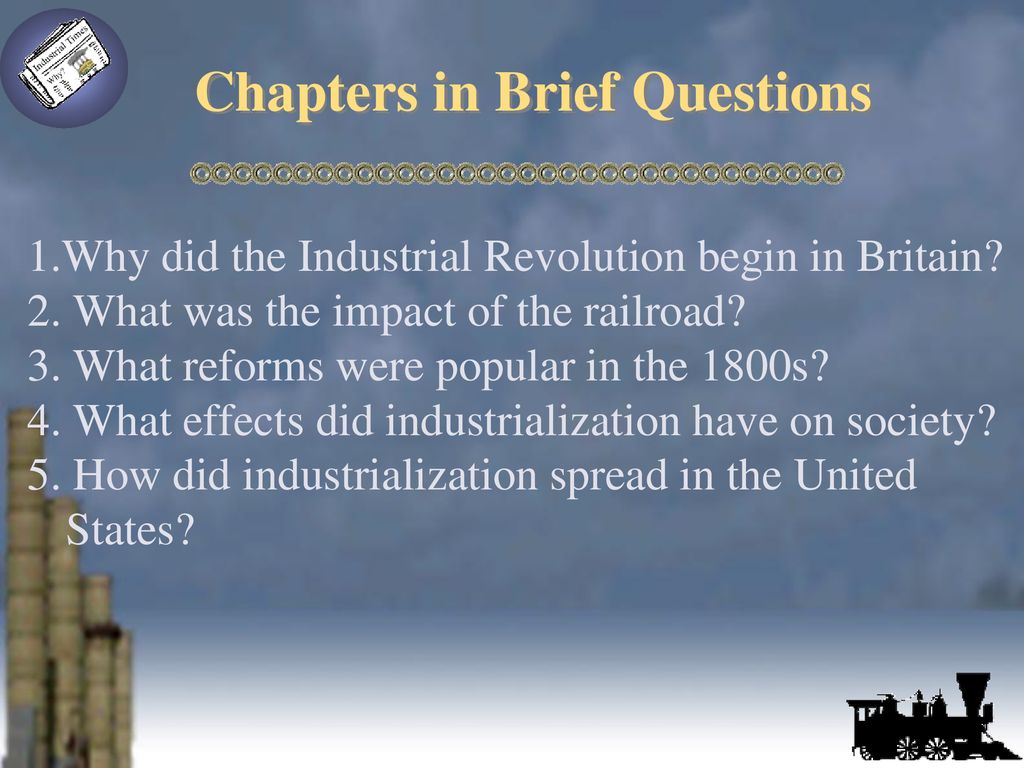One path of retreat from stark laissez-faire doctrines originated with Jeremy Bentham (1748-1832), an eccentric philosopher. Bentham founded his social teachings on the concept of utility: that the goal of action should be to achieve the greatest good for the greatest number.
Ordinarily, he believed, governments could best safeguard the well-being of the community by governing as little as possible. In social and economic matters, they should act as “passive policemen” and give private initiative a generally free hand. Yet Bentham realized that the state might become a more active policeman when the pursuit of self- interest by some individuals worked against the best interests of other individuals, since the goal was the greatest good for the greatest number. If the pains endured by the many exceeded the pleasures enjoyed by the few, then the state should step in.
Twentieth-century doctrines of the welfare state owe a considerable debt to the utilitarianism of analysts like Bentham, and James Mill (1773-1836) and his son the young John Stuart Mill (1806-1873). By the time of his death, Bentham was already gaining an international reputation. He had advised reformers in Portugal, Russia, Greece, and Egypt, and his writings were to exert a broad influence.
His most important English disciples, the Philosophic Radicals, pressed for reform of court procedures, local government, and poor relief so as to free humanity from the artificial constraints of the environment. The argument over whether nature (genetic inheritance) or environment (education, family, and state) most determined one’s fate was now fully joined.

